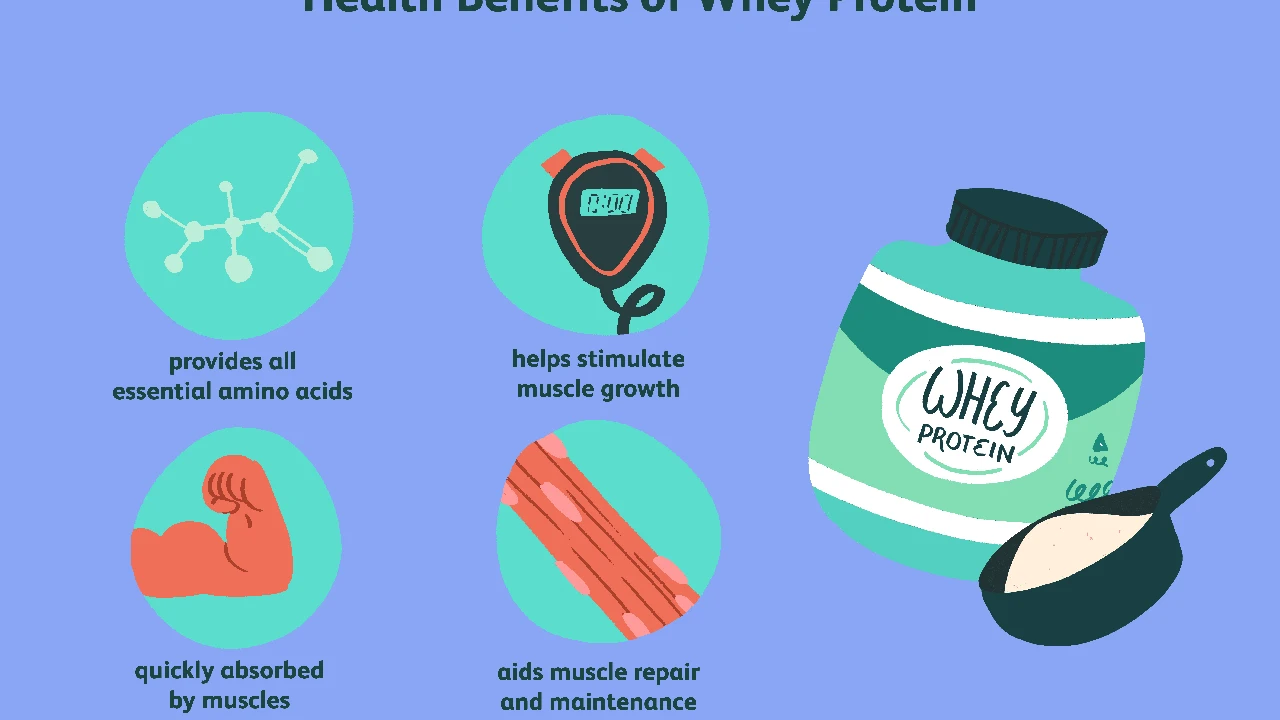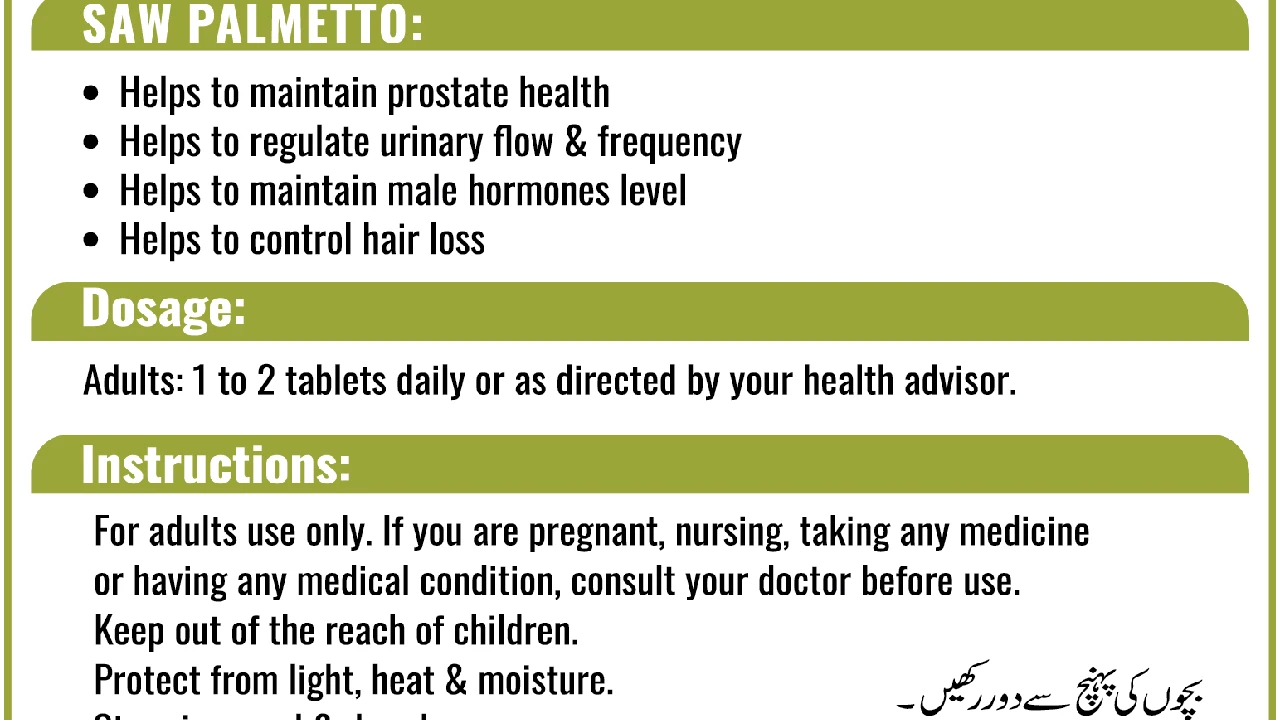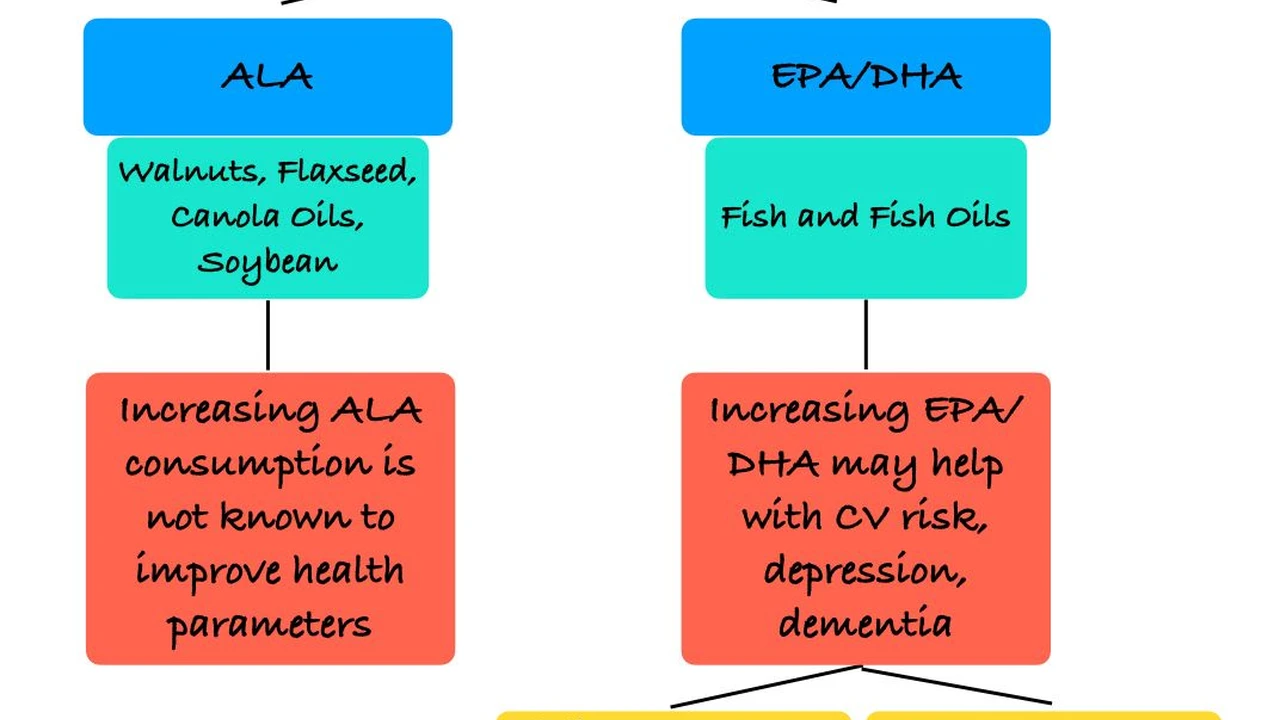Protein Supplements: Benefits, Dosage, and Side Effects

Learn about the benefits of protein for muscle growth, recovery, and satiety. Understand the proper dosage and potential side effects of protein supplementation. Support your fitness goals with protein.
Protein Supplements Introduction Benefits and Types
So, you're thinking about adding protein supplements to your routine? Awesome! Protein is like the building block of your body, crucial for muscle repair, growth, and even keeping you feeling full and satisfied. But with so many options out there, it's easy to get lost. Let's break down the benefits, different types, and how to figure out what's right for you.
First off, why protein? Well, besides the muscle-building aspect (which, let’s be honest, is a big draw for many), protein plays a huge role in overall health. It helps with hormone production, enzyme creation, and even supports a healthy immune system. If you're hitting the gym hard, recovering from an injury, or just want to feel more energized throughout the day, protein can be a game-changer.
Now, onto the types. You've probably heard of whey, casein, soy, and maybe even pea protein. Whey is the superstar, known for its fast absorption, making it perfect for post-workout recovery. Casein is the slow-digesting type, ideal for overnight muscle repair. Plant-based options like soy, pea, and brown rice protein are excellent for vegans or anyone looking to diversify their protein sources.
Protein Supplement Dosage Guidelines and Recommendations
Alright, let's talk numbers. How much protein do you actually need? The recommended daily allowance (RDA) is around 0.8 grams of protein per kilogram of body weight. But if you're active, especially if you're strength training, you'll likely need more, somewhere between 1.2 to 2.0 grams per kilogram. It sounds like a lot, but it’s manageable.
The best way to figure out your optimal protein intake is to consider your activity level, goals, and overall diet. If you're unsure, a registered dietitian or a certified personal trainer can help you dial it in. They can assess your needs and provide personalized recommendations.
When it comes to timing, spreading your protein intake throughout the day is generally more effective than loading up at one meal. Aim for around 20-30 grams of protein per meal to maximize muscle protein synthesis. A post-workout shake is also a great way to kickstart recovery.
Potential Side Effects of Protein Supplementation and Safety Concerns
Okay, let's address the elephant in the room: side effects. While protein supplements are generally safe for most people, there are a few things to keep in mind. Some people experience digestive issues like bloating, gas, or constipation, especially with whey protein concentrate. If that's you, consider switching to a whey protein isolate or a plant-based option.
Excessive protein intake can also put a strain on your kidneys, especially if you have pre-existing kidney issues. It's essential to stay hydrated and listen to your body. If you experience any discomfort or changes in your health, consult a healthcare professional.
Also, be mindful of the ingredients in your protein supplements. Some products contain artificial sweeteners, flavors, or other additives that may not be ideal for everyone. Look for supplements with minimal ingredients and third-party certifications to ensure quality and purity.
Comparing Different Protein Supplement Products Brands and Pricing
Now, let's dive into the fun part: product recommendations! Here are a few popular protein supplements, along with their pros, cons, and price points:
- Optimum Nutrition Gold Standard 100% Whey: This is a classic for a reason. It's a blend of whey protein isolate, concentrate, and peptides, offering a good balance of quality and affordability. It's available in tons of flavors and mixes well. Expect to pay around $30-40 for a 2-pound tub.
- Garden of Life Sport Organic Plant-Based Protein: If you're looking for a vegan option, this one's a winner. It's made from a blend of organic pea protein, brown rice protein, and other plant-based ingredients. It's also certified organic and non-GMO. A 2-pound tub will set you back around $40-50.
- NOW Foods Whey Protein Isolate: For those who are lactose intolerant or want a super-pure protein source, this is a great choice. Whey protein isolate is lower in carbs and fat than whey protein concentrate. It's also unflavored, so you can add it to anything you like. A 1.2-pound container costs about $25-35.
- MusclePharm Combat Protein Powder: This blend contains several types of protein, including whey protein concentrate, isolate, micellar casein, and egg albumin. It's designed to provide a sustained release of amino acids. Expect to pay around $35-45 for a 4-pound tub.
Protein Supplement Usage Scenarios and Practical Applications
Okay, so how do you actually use these protein supplements? Here are a few scenarios:
- Post-Workout Recovery: A whey protein shake within 30-60 minutes after your workout can help kickstart muscle repair and growth.
- Meal Replacement: If you're short on time or need a quick and easy meal, a protein shake can be a convenient option. Just be sure to add some healthy fats and carbs to make it a complete meal.
- Snack: A protein shake or bar can be a great way to curb cravings and keep you feeling full between meals.
- Before Bed: A casein protein shake before bed can help support muscle recovery overnight.
Protein Supplement Considerations for Specific Populations Age Groups and Dietary Needs
It's also important to consider specific populations when it comes to protein supplementation.
- Athletes: Athletes typically need more protein than sedentary individuals to support muscle growth and repair.
- Older Adults: Older adults may benefit from increased protein intake to maintain muscle mass and prevent age-related muscle loss.
- Vegetarians and Vegans: Vegetarians and vegans may need to pay extra attention to their protein intake to ensure they're getting enough essential amino acids.
- Individuals with Medical Conditions: Individuals with certain medical conditions, such as kidney disease, may need to adjust their protein intake based on their doctor's recommendations.
Ultimately, the best protein supplement is the one that fits your individual needs, goals, and preferences. Do your research, read reviews, and experiment to find what works best for you. And remember, protein supplements are just that: supplements. They're not a replacement for a healthy and balanced diet.
:max_bytes(150000):strip_icc()/277019-baked-pork-chops-with-cream-of-mushroom-soup-DDMFS-beauty-4x3-BG-7505-5762b731cf30447d9cbbbbbf387beafa.jpg)






